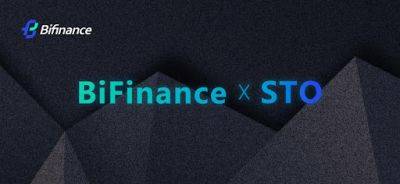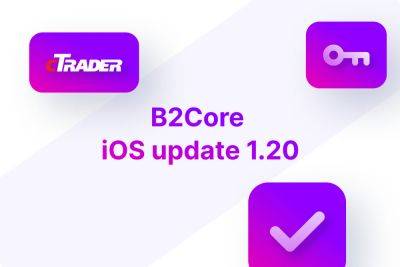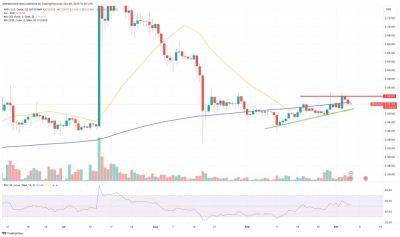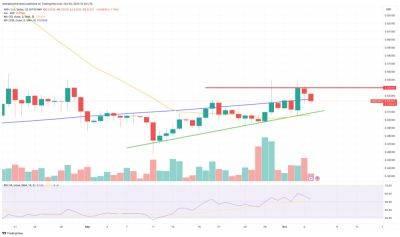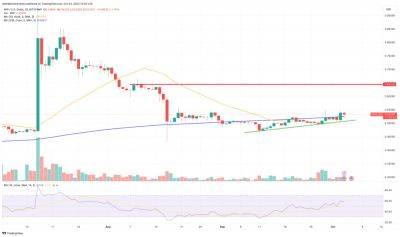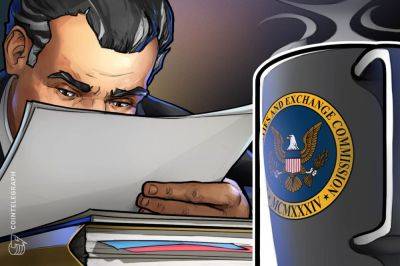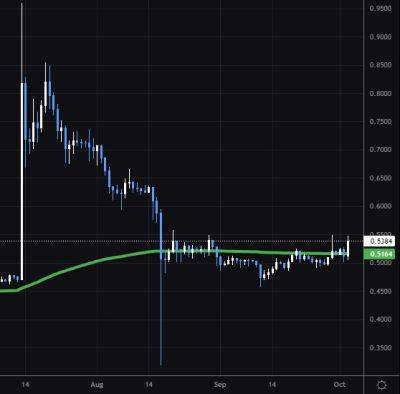Lawyers debate over Ripple case after rejection of SEC’s motion for appeal
Crypto lawyers are seemingly divided over the significance of a recent court order from Judge Analisa Torres, which denied the United States Securities and Exchange Commission’s (SEC) plan to file an interlocutory appeal against Ripple.
While many lawyers and commentators chalked the decision up as a substantive win for Ripple in its case against the regulator, other legal experts have urged the public to temper their enthusiasm.
Judge Torres’ denied the SEC’s interlocutory appeal based on the grounds of her previous ruling which sided partially in favor of Ripple. She said this did not necessitate an order that “involved a controlling question of law,” which is an essential condition for approving an interlocutory appeal.
Breaking: Judge rejects SEC’s motion to file an appeal against Ripple ruling
An interlocutory appeal is simply an appeal made during the course of a trial — which in this case, is the ongoing proceedings by the SEC against Ripple and its CEO Brad Garlinghouse and executive chairman Christian Larsen.
Bill Hughes, a lawyer at blockchain firm Consensys, told Cointelegraph that the rejection of the SEC’s appeal was something that he’d expected, explaining that it's not typical for such an appeal to make it through during this part of a trial.
On the other hand, crypto lawyer Jeremey Hogan was more confident that the decision was a “disaster” for the SEC. Hughes however disagreed.
The SEC's motion for interlocutory appeal DENIED.
Which means, the case either goes to trial in April, or goes away.
AND, this Order allowed the Judge to explain parts of her ruling even better, making appeal that much harder for the SEC to win.
Disaster for the agency. https://t.co/y1Gz8LolrG pic.twitter.com/hkktKMD4Ut
“The court says
Read more on cointelegraph.com




